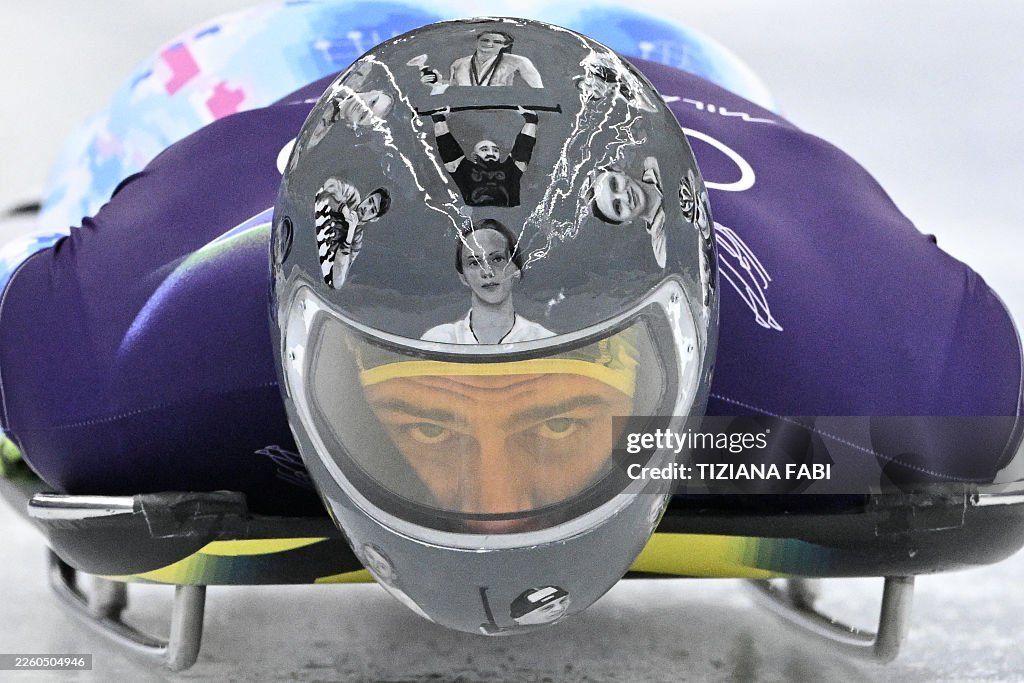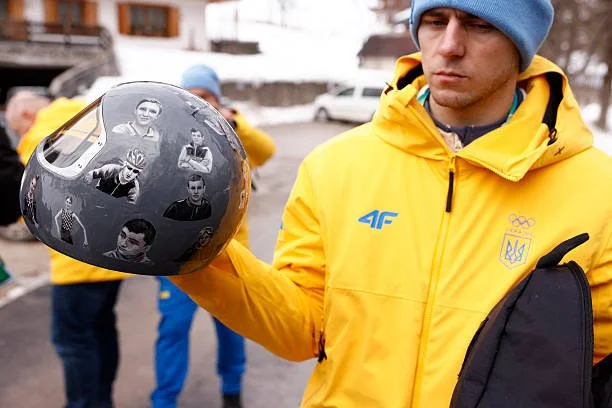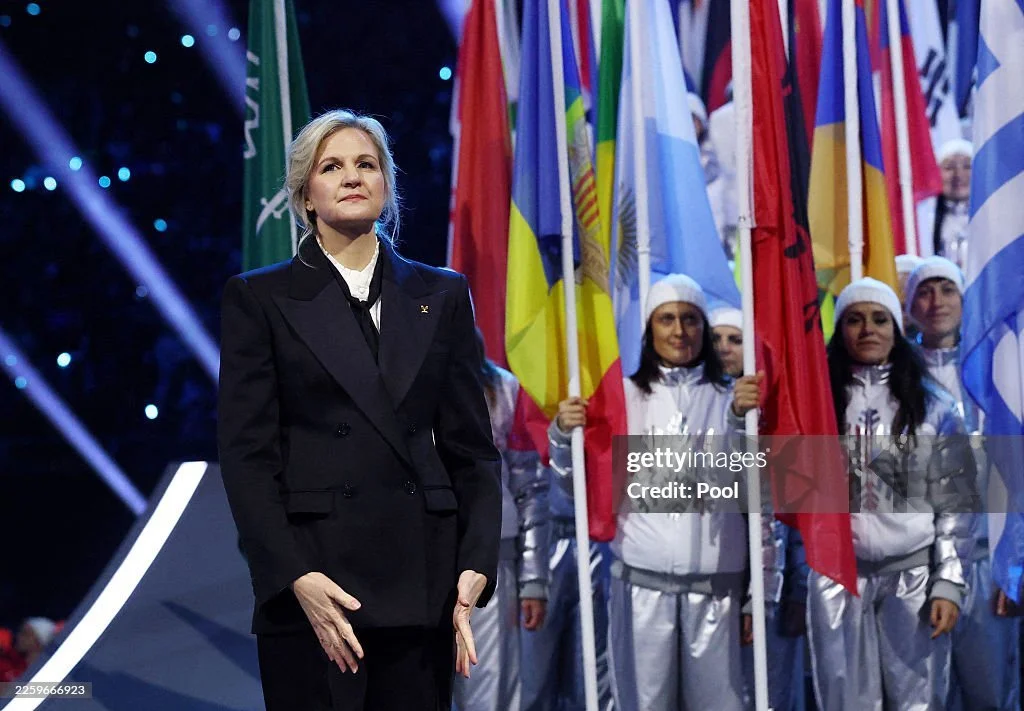MILAN — Vladyslav Heraskevych, the Ukrainian skeleton racer disqualified for insisting he wanted to race in a helmet adorned with the faces of athletes killed by Russia, had said he was hoping for a new “miracle on ice.”
Instead, and predictably, came this ruling: the IOC was right to disqualify him because Olympic rules “state that freedom of speech is a fundamental right of any athlete competing in the Olympic Games, but limit the right to express views during competitions on the field of play.”










